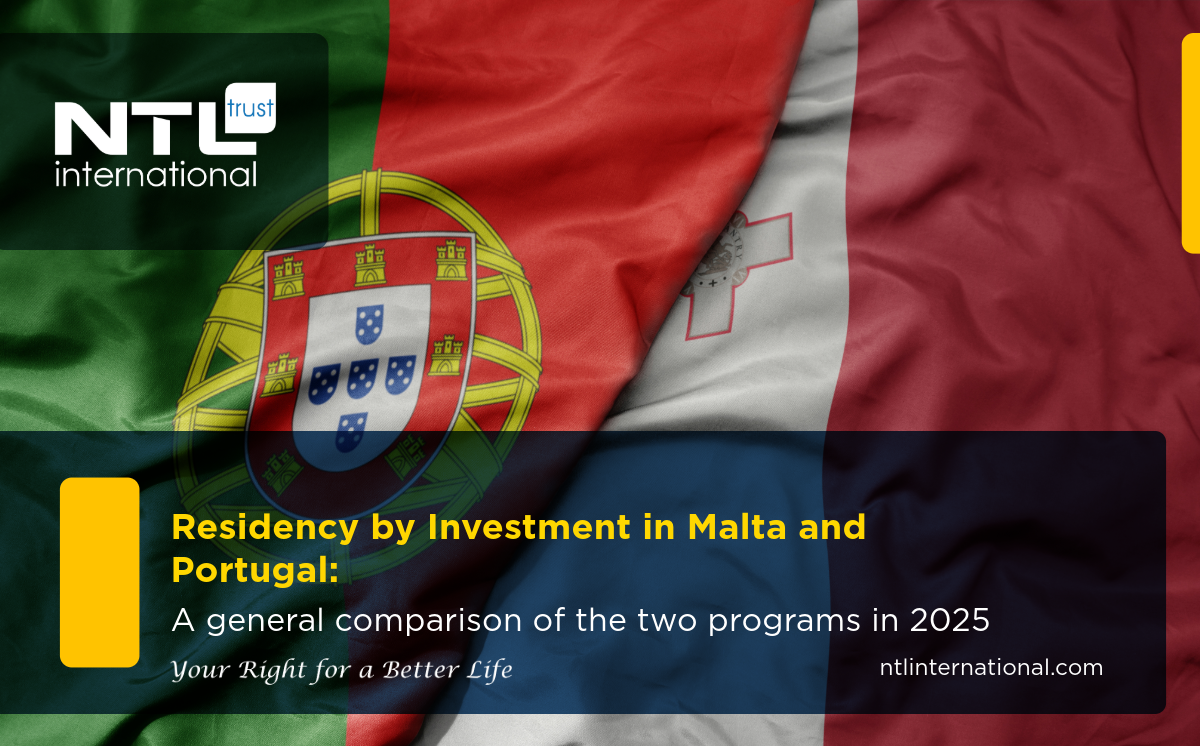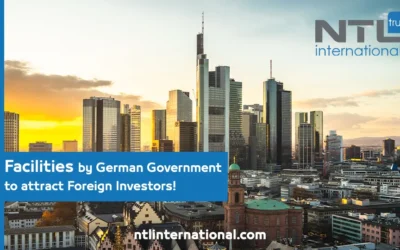
Both Malta and Portugal offer residency by investment programs. These programs aim to attract foreign investors by granting them residency rights in exchange for qualifying investments. With recent legislative developments, the requirements and benefits of each program differ, requiring careful consideration by potential investors.
Malta Permanent Residency Program (MPRP):
This program offers non-EU citizens the opportunity to obtain permanent residency through specific investments, which include:
- Real Estate Investment: Purchasing property worth at least €375,000 or renting property with an annual rent of at least €14,000.
- Government Contribution: A payment of €30,000 for purchasing property or €60,000 for renting property.
- Charitable Donation: A contribution of €2,000 to a registered local nonprofit organization.
- Financial Requirements: Proof of holding €500,000 in assets, including €150,000 in financial assets.
The Residency by investment program in Malta does not impose a minimum annual residency requirement but does require the investor to hold the qualifying property for at least five years.
Portugal Golden Visa Program:
The program has undergone significant changes, with real estate investment no longer qualifying as of October 7, 2023. The current investment options include:
- Investment through Investment Funds: A minimum investment of €500,000.
- Investment in Scientific Research or Cultural Heritage: A funding of €500,000 in scientific research or €250,000 in cultural heritage protection.
- Job Creation: Providing at least 10 jobs in Portugal.
- Commercial Investment: Securing at least 5 jobs with an investment starting at €500,000.
The Golden Visa (Residency by investment) offers residency and the right to work in Portugal, visa-free travel within the Schengen Area, and the possibility to obtain permanent residency or citizenship after five years, provided all legal requirements are met.
Comparing the Residency by investment programs in Malta and Portugal:
- Investment Flexibility: Malta’s program focuses on real estate and financial contributions, while Portugal offers a wider range of investment options, excluding real estate.
- Residency Renewal Requirements: The Malta Permanent Residency by investment Program (MPRP) does not require a minimum physical stay in the country. However, investors must maintain a residence address in Malta. In contrast, holders of the Portuguese Golden Visa must meet minimum residency requirements, starting at 7 days in the first year.
- Path to Citizenship: Both programs provide a path to citizenship, but Portugal offers a more stable route with eligibility to apply after just five years, while Malta requires seven years after obtaining permanent residency.
Why the Increasing Popularity of These Programs?
Investors seek strategies to enhance mobility and global stability, making residency and citizenship by investment programs an effective tool for achieving these goals.
In light of political and legislative changes, holding a second passport or alternative residency has become a smart step to protect assets and secure the future of families.
With the increasing modifications to global investment migration programs, investors are advised to act quickly to take advantage of the available opportunities before any new changes that may affect these pathways.
Saint Kitts and Nevis extended the discount for families
The Cabinet of Ministers in Saint Kitts and Nevis has approved the extension of the duration related to reducing the cost of a family of up to four people
Facilities by German Government for Foreign Investors
The German government intends to encourage investors wishing to expand their horizons and achieve their ambitions to invest in one of the strongest global economies, by providing many good, promising, and easy investment opportunities and offering many facilities to attract investments and boost the growth of the German economy.
A tour of Spain and Spanish cuisine
f you are wondering why we advise you to choose Spain for your next vacation, we will not go so far, but did you know that Spain has the most famous international football clubs (Real Madrid and Barcelona) and it is the second country in the world that includes heritage places.
Interesting and Funny Facts About SPAIN
Spain is your choice for a safe life and a wonderful future:What if I told you about its ranking by the Global Peace Index 2020 at number 38 out of 163!!What about its privilege of providing free public health care, and having excellent international schools and...
Spain… Between the Eastern Legacy and the Western Modernity
If you want to travel to a European country but you are afraid of the idea of getting a cultural shock or a facing a difference in lifestyle, then Spain is the ideal choice for you.





